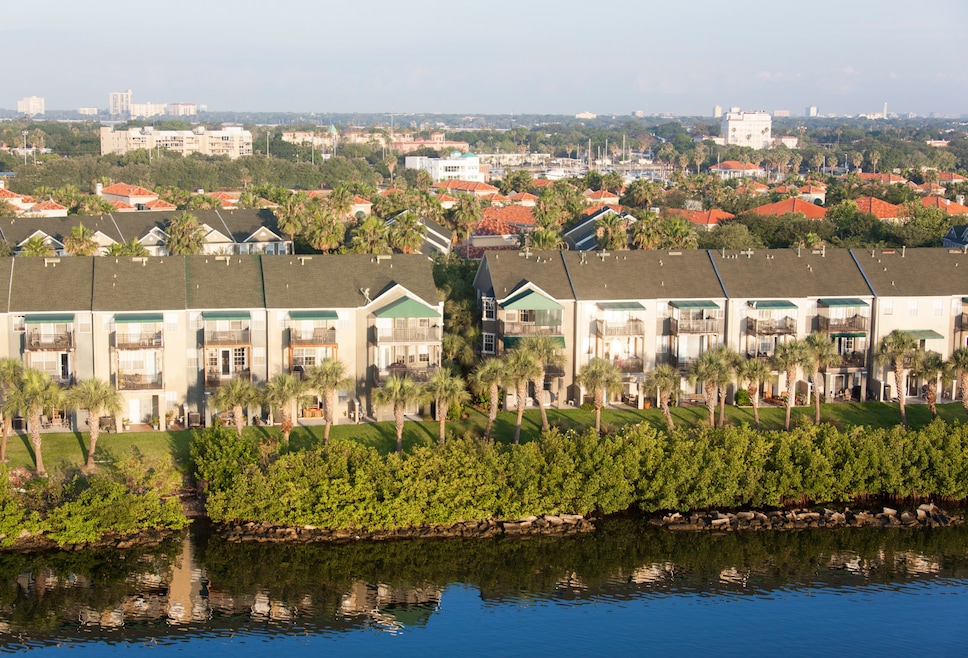Almost 1 million Floridians will see cheaper homeowners insurance policies this year, but it's only for customers of the state-created insurance company.
Gov. Ron DeSantis announced this week that Citizens Property Insurance will lower premiums by an average 5.6%. The Citizens move comes as the Sunshine State has experienced climate change-related hurricanes, prompting insurers to hike rates or exit the state.
"There are a lot of factors involved in insurance rates, and Florida’s property and auto markets are challenging," DeSantis said in a statement. "But in addition to the decreases I announced, data suggests that in 2024, Florida had the lowest average homeowners premium increases in the nation."
Citizens is a not-for-profit insurance operation created by the Florida Legislature in 2002 to provide coverage for residents who couldn't afford rates from private companies. At one point in 2021, Citizens became the state's largest insurer, but it has since been losing customers, by design, to private insurers.
To be clear, the premium decreases DeSantis noted will only impact a tiny portion of residents. Citizens had 837,289 homeowners' policies as of Jan. 31, according to its records.
Floridians without Citizens coverage, meanwhile, have seen their rates climb by double digits. The cost of homeowners insurance grew 15% between 2022 and 2023 then grew another 15% between 2023 and 2024, according to S&P Global Market Intelligence.
Rising weather risks
Some of the nation's largest insurance companies — including AAA, Farmers and Progressive — decided to stop writing insurance policies in Florida in recent years, arguing that the hurricanes have made it too risky to cover residents, especially those living along the state's coasts. DeSantis said in his statement that 11 insurance companies have opened for business in Florida in the past two years, a move that helps stabilize rates for homeowners.
"Overall, the Florida homeowners' market has seen improvement following legal reforms in 2023," Jason Woleben, a senior research specialist for U.S. insurance at S&P Global, said last month in an industry analysis. "However, back-to-back costly hurricanes this past year may impede the recovery. According to information collected by the state's regulator, estimated insured losses so far on residential properties are $2.39 billion from Hurricane Milton and $496.8 million from Hurricane Helene, with total insured losses equaling $3.62 billion for Milton and $2.08 billion for Helene."
The DeSantis announcement marks the latest action states are taking to help keep homeowners' insurance rates as low as possible for residents at a time when researchers predict premiums will increase due to climate change. Homeowners insurance rates will grow by an average 29.4% by 2055 and residents of Miami, Jacksonville and Tampa stand to see some of the highest increases, according to the First Street Foundation.
In Oklahoma, lawmakers passed the Strengthen Oklahoma Homes Act last spring, which awards grants to homeowners so the funds can be used to renovate their property with weather-resistant materials. The Idaho Legislature is also considering a measure that would establish a pool of money for helping residents pay for wildfire mitigation. A separate proposal in Idaho would create a reinsurance pool of funds for companies that cover residents in high-risk areas of the state.

